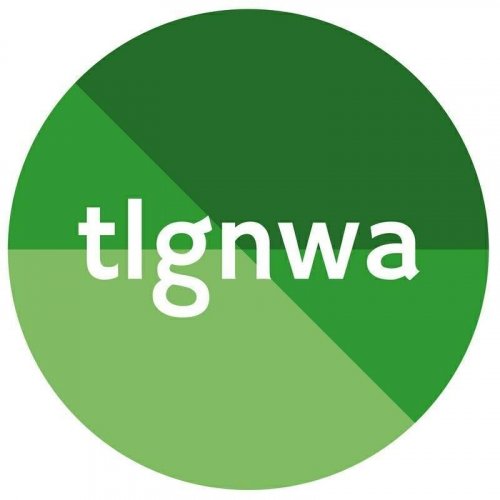Best Child Custody Lawyers in Fayetteville
Share your needs with us, get contacted by law firms.
Free. Takes 2 min.
Free Guide to Hiring a Family Lawyer
List of the best lawyers in Fayetteville, United States
About Child Custody Law in Fayetteville, United States:
If you're finding your way through a divorce and have children, understanding child custody law in Fayetteville, US, is vital. Here, child custody is typically divided into two categories: physical custody (living arrangements) and legal custody (major decision-making authority). The judges always make decisions based on the best interests of the child, considering factors like the child's wishes, the mental and physical health of all parties involved, and the child's relationship with each parent.
Why You May Need a Lawyer:
Child custody cases often become complex and emotionally draining. You may need a lawyer if there are accusations of domestic violence or substance abuse, if one or both parents are considering relocating out of state, or if the parents are unable to work out their differences and reach an agreement. A knowledgeable and experienced lawyer can guide you, advocate for your rights, and ensure your child's best interests are prioritized.
Local Laws Overview:
In Fayetteville, joint custody may be awarded if it is in the child's best interest. However, a joint custody agreement requires cooperative parents who can work well together. The local law also stipulates that gender cannot be used as a factor while determining who gets custody. Georgia also recognizes grandparents' and third parties' rights to custody under specific circumstances.
Frequently Asked Questions:
1. Can a child decide which parent they want to live with?
Generally, Fayetteville law allows the child to express their preference regarding custody once they reach 14 years of age. However, the final decision rests with the judicial authorities and depends on the child's best interest.
2. How are visitation rights determined?
Visitation rights are agreed upon by both parents or determined by the court during the custody hearing. The decisions are highly individualized and designed to foster a beneficial relationship between the child and non-custodial parent.
3. Do I have custody of my child if there is no court order?
Without a court order, no official custody aligns are in place. If you and the other parent are unable to reach an agreement, filing a legal custody claim may be necessary.
4. Which documents are required for a custody case?
You'll need several documents, including your child’s birth certificate, proof of your relationship to the child, any prior court orders related to your child, and documents demonstrating the child’s well-being in your care.
5. What if the other parent doesn’t follow the visitation schedule?
If a parent isn’t following a court-ordered visitation schedule, you can file a petition for contempt, highlighting the other parent's failure to abide by the court's decision.
Additional Resources:
The Georgia Department of Family and Children Services and Georgia Legal Aid offer a variety of resources for families involved in custody disputes. Also, information about local family law practices can be found on the Georgia Bar Association's website.
Next Steps:
If you need legal assistance with child custody in Fayetteville, it is recommended to hire a local family law attorney experienced in child custody cases. The attorney can review your case, explain your options, and guide you through the legal process. It is essential that you protect your rights and the best interests of your child.
Lawzana helps you find the best lawyers and law firms in Fayetteville through a curated and pre-screened list of qualified legal professionals. Our platform offers rankings and detailed profiles of attorneys and law firms, allowing you to compare based on practice areas, including Child Custody, experience, and client feedback.
Each profile includes a description of the firm's areas of practice, client reviews, team members and partners, year of establishment, spoken languages, office locations, contact information, social media presence, and any published articles or resources. Most firms on our platform speak English and are experienced in both local and international legal matters.
Get a quote from top-rated law firms in Fayetteville, United States — quickly, securely, and without unnecessary hassle.
Disclaimer:
The information provided on this page is for general informational purposes only and does not constitute legal advice. While we strive to ensure the accuracy and relevance of the content, legal information may change over time, and interpretations of the law can vary. You should always consult with a qualified legal professional for advice specific to your situation.
We disclaim all liability for actions taken or not taken based on the content of this page. If you believe any information is incorrect or outdated, please contact us, and we will review and update it where appropriate.









